The Movement to Decolonize Museums and Archives
A growing movement is underway to decolonize museums, galleries, and archives. This involves returning stolen artifacts to their countries of origin. The movement also focuses on amplifying marginalized voices. Institutions like the British Museum and the Louvre are facing increasing pressure to address their colonial legacies. Globally, people are championing repatriation efforts. Artifacts such as the Benin Bronzes and Parthenon Marbles are at the center of these debates. This shift marks a significant step toward acknowledging historical injustices and fostering equitable cultural representation.

Diversity Takes Center Stage in Media and Entertainment
The push for diversity and inclusion continues to shape the film, television, and publishing industries. Audiences are demanding more representation of underrepresented groups, including women, people of color, LGBTQ+ communities, and Indigenous peoples. Stories that were once overlooked are now being told with authenticity and depth, challenging stereotypes and reshaping cultural narratives. Through this transformation, media platforms are becoming more reflective of the world’s rich diversity, resonating with broader audiences.
Indigenous Artists Gain Global Recognition
Indigenous artists and creators are gaining recognition worldwide, with their works challenging stereotypes and celebrating traditional knowledge and practices. From visual arts to literature and film, Indigenous storytelling is reclaiming its place on the global stage. These creators are preserving cultural heritage. They are also innovating within contemporary contexts. This offers new perspectives that bridge the past and present. Their contributions highlight the resilience and vibrancy of Indigenous cultures.
Addressing Colonial Legacies in Cultural Institutions
Colonial legacies are being actively addressed as cultural institutions confront their historical roles in exploitation and erasure. Exhibitions are being redesigned to include diverse perspectives, and collaborations with Indigenous communities are becoming more common. These institutions prioritize inclusivity and accountability. They aim to transform themselves into spaces that honor all voices. This fosters a deeper understanding of shared histories and identities.
The Role of Audiences in Driving Change
Audiences play a pivotal role in driving change across cultural sectors. Through advocacy, social media campaigns, and consumer choices, they demand accountability from institutions and media producers. As a result, systemic shifts are being observed, with organizations increasingly prioritizing equity and representation. This collective effort underscores the power of public opinion in shaping cultural landscapes and promoting justice.
A Path Forward for Inclusive Cultural Narratives
As decolonization efforts gain momentum, the path forward lies in balancing acknowledgment of the past with a commitment to inclusivity. By returning stolen artifacts, amplifying marginalized voices, and celebrating Indigenous art, society can create a more equitable cultural narrative. However, ongoing collaboration and vigilance will be essential to ensure that progress continues. The future of culture depends on embracing diversity and fostering mutual respect, paving the way for a more inclusive world.


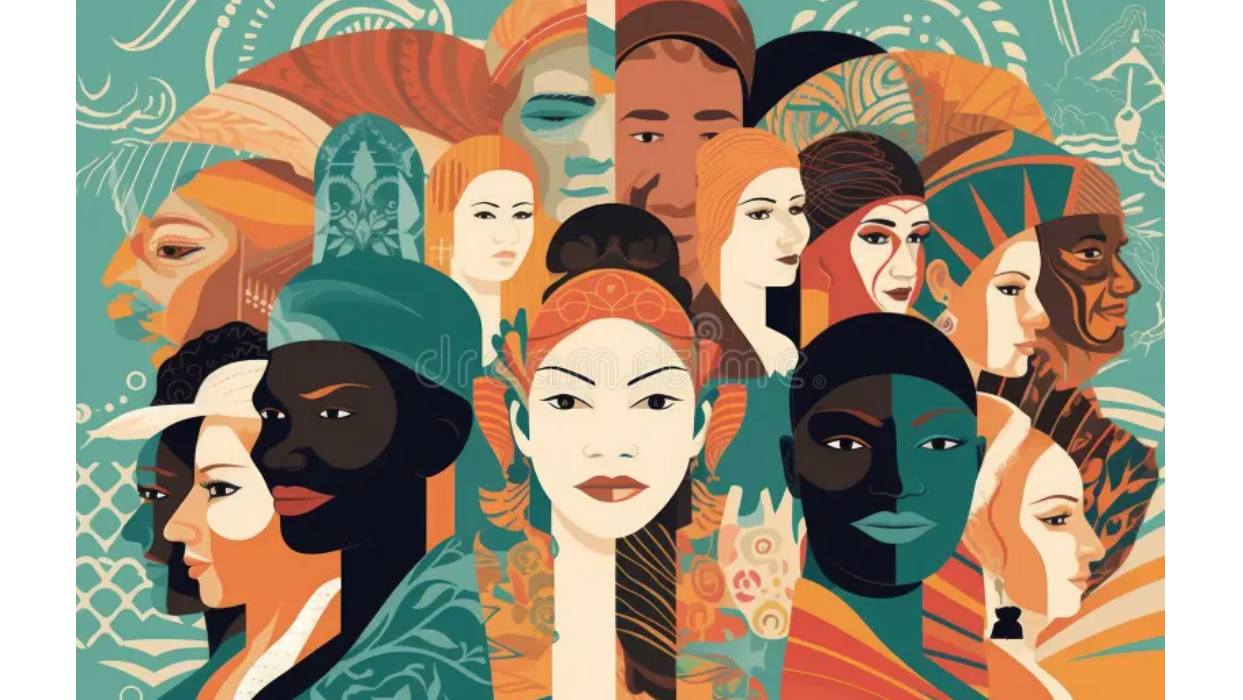


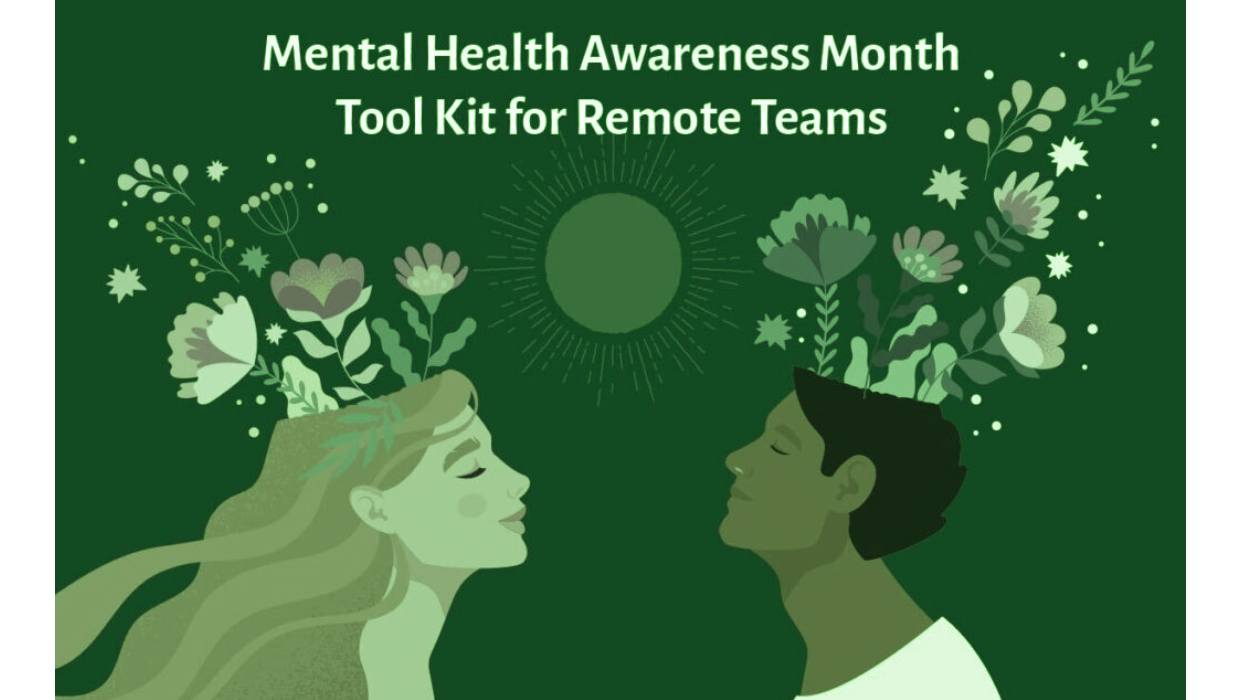
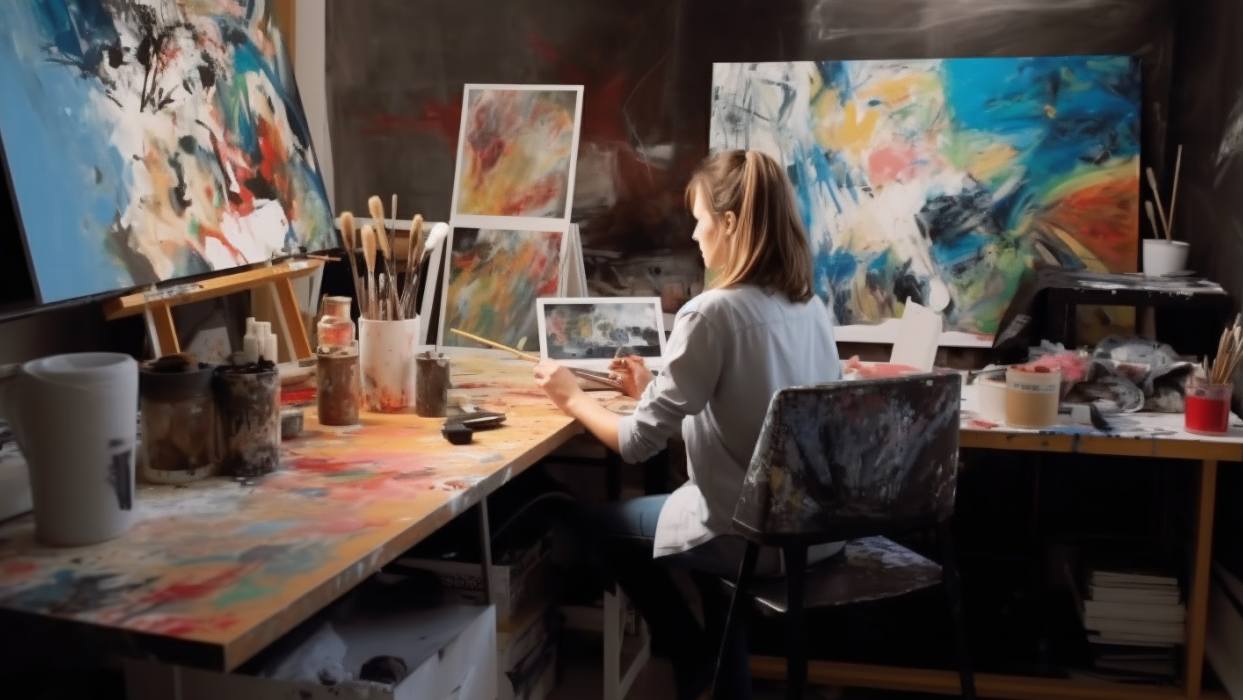
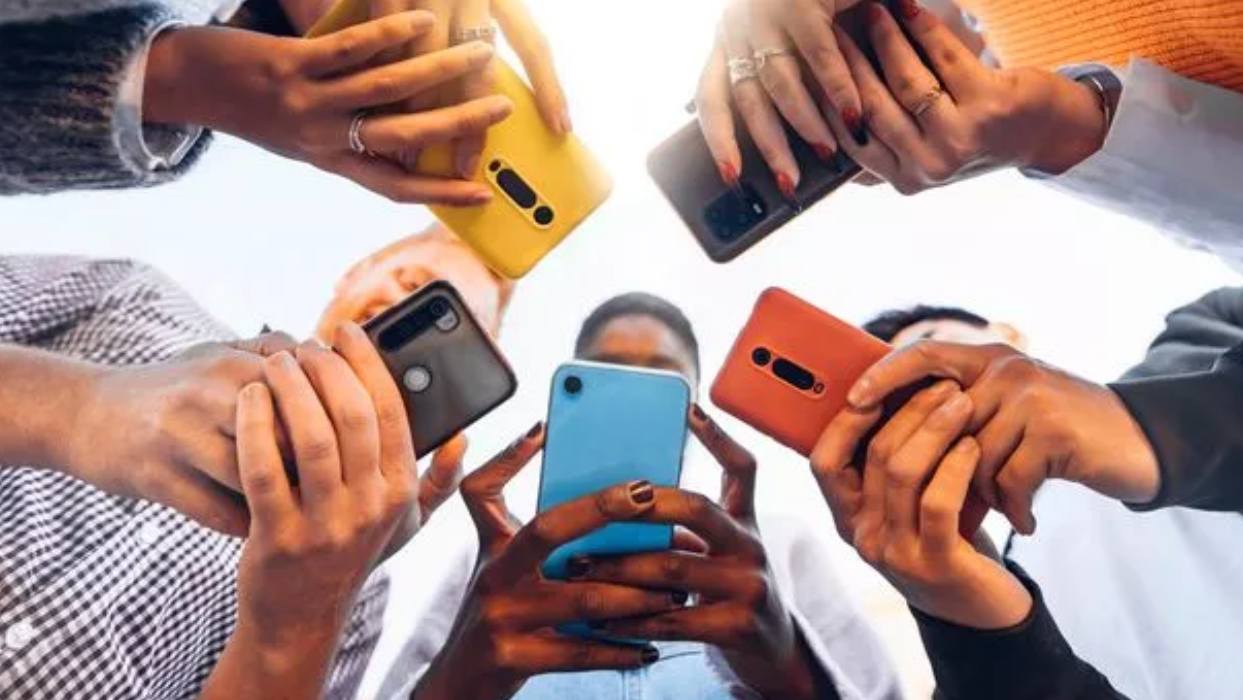


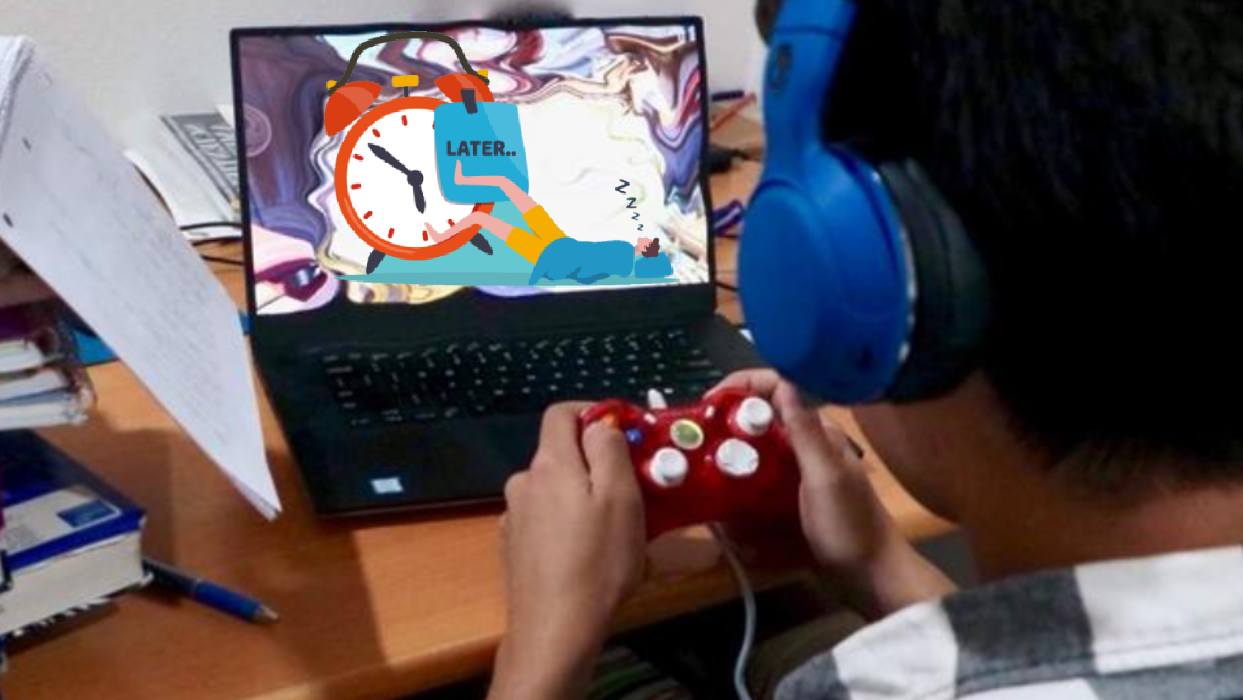
Leave a Reply